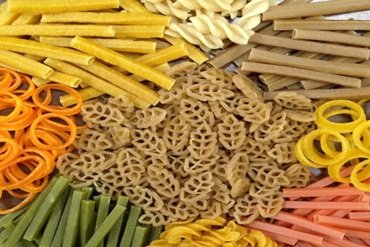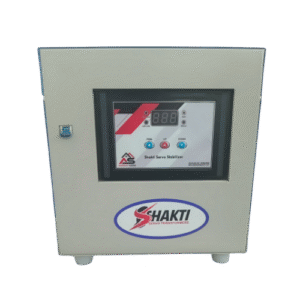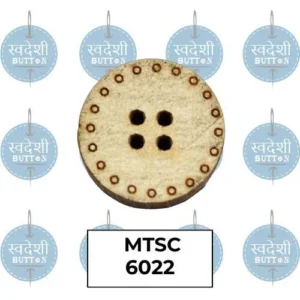Understanding Kosher Certified Products: What You Need to Know

Kosher certified products
In today’s diverse food market, consumers are more mindful than ever about what they eat. Whether for health, religious beliefs, or personal values, many are choosing products that meet specific dietary standards. One of the most widely recognized among these is the kosher certification.
But what exactly are Kosher certified products, and why are they becoming increasingly popular, even among non-Jewish consumers?
Let’s break it down.
What Does “Kosher” Mean?
The word “kosher” comes from Hebrew and means “fit” or “proper.” In food terms, it refers to products that meet the strict dietary laws outlined in Jewish religious texts. These laws govern not just what foods can be eaten, but also how they are prepared, processed, and handled.
For a product to be considered kosher, it must comply with specific guidelines. These rules include:
-
Separation of meat and dairy: These two food groups must never be mixed, cooked together, or eaten in the same meal.
-
Permitted animals: Only certain animals are allowed, and they must be slaughtered in a specific way.
-
No blood consumption: Meat must be carefully processed to remove all blood.
-
Clean equipment: All processing and packaging equipment must be kosher and must not cross-contaminate with non-kosher substances.
What Are Kosher Certified Products?
Kosher certified products are foods, beverages, or other consumables that have been inspected and approved by a kosher certification agency. These agencies check every step of the production process—from sourcing raw ingredients to packaging—to ensure the product complies with kosher laws.
Once approved, the product carries a recognizable kosher symbol (often a letter “U” or “K” inside a circle or star) on its label. This symbol assures consumers that the product meets kosher standards.
Why People Choose Kosher Certified Products
1. Religious Reasons
For Jewish consumers who observe kosher laws, certification is a must. It’s the only way they can be sure the product aligns with their faith and dietary requirements.
2. Quality Assurance
Many consumers—regardless of religious background—believe that kosher certification is a sign of higher quality. That’s because the certification process involves detailed inspections, cleanliness, and strict oversight.
3. Food Safety and Transparency
Kosher certification often requires clear labeling and careful ingredient sourcing, which appeals to those with allergies, dietary restrictions, or food sensitivities. For example, those who avoid dairy can easily spot a kosher “pareve” label, indicating the product contains neither meat nor dairy.
4. Ethical and Clean Eating
Some people associate kosher products with more humane treatment of animals, cleaner production methods, and fewer artificial additives.
Common Kosher Certified Products
You might be surprised to learn how many everyday items are kosher certified. Some examples include:
-
Packaged snacks and cereals
-
Dairy products like cheese and yogurt
-
Meat and poultry
-
Beverages, including juices, soft drinks, and even some alcoholic drinks
-
Baked goods and candies
-
Condiments and sauces
Even non-food items like vitamins, supplements, and cleaning products can be certified kosher.
Global Demand on the Rise
Kosher certified products are no longer limited to Jewish communities. In fact, the global kosher market has grown steadily over the past decade. Consumers from all backgrounds now seek out these products for their perceived purity, safety, and quality.
Large retailers and international brands are also taking notice. More companies are seeking certification to broaden their market reach and appeal to a wider audience. Agencies like Kosher Certification help guide businesses through the process, ensuring their products meet all necessary requirements for kosher labeling.
How to Identify Kosher Products
If you’re interested in buying kosher certified products, the first step is learning to recognize the symbols. Different agencies use different logos, but they all serve the same purpose—to let you know the product meets kosher standards.
Look for symbols like:
-
OU (Orthodox Union)
-
OK (Organized Kashrut)
-
Kof-K
-
Star-K
These symbols are usually located near the product’s ingredient list or nutritional label.
Final Thoughts
Kosher certified products offer more than just religious compliance. They represent a standard of care, quality, and transparency that appeals to a broad range of consumers. Whether you keep kosher, follow a special diet, or simply value clean eating, choosing kosher products can be a smart and mindful choice.
As more brands recognize the value of kosher certification, the availability and variety of certified products continue to grow. It’s never been easier to find foods that align with your values, dietary needs, and lifestyle preferences.
Read Also – Kosher Certification in Ahmedabad



